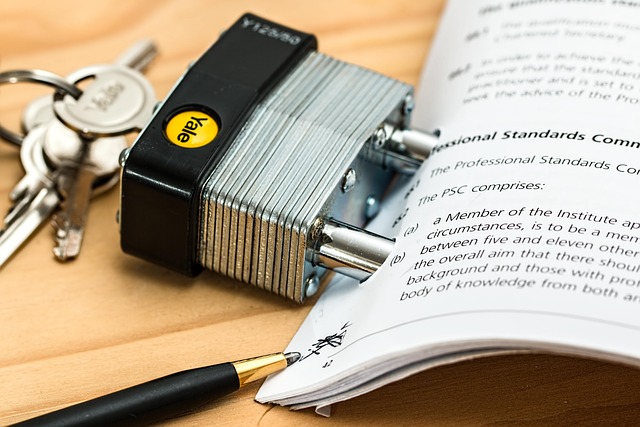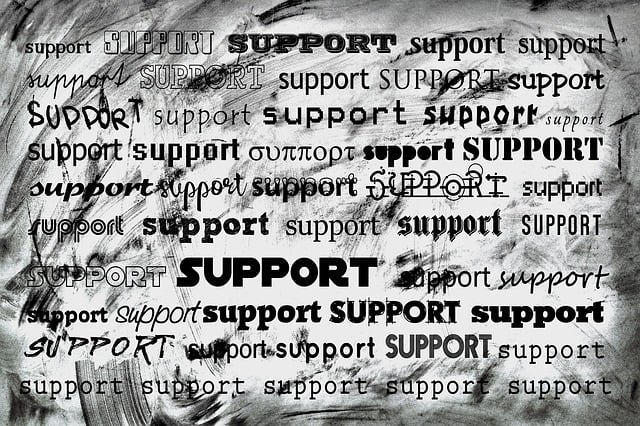Families in Oregon facing child welfare cases can access free or low-cost legal aid through specialized programs. These services, tailored to navigate the complex system, offer court representation, guidance on laws, and counseling, empowering parents and guardians to protect their rights and work towards positive outcomes for their children, ensuring fair treatment according to state regulations.
In Oregon, ensuring the well-being of children involved in welfare cases is paramount. Understanding and leveraging the state’s legal support mechanisms can significantly impact these proceedings. This article guides parents and guardians through the intricate world of legal support Oregon offers, focusing on child welfare legal aid and available Oregon legal assistance. We’ll outline who qualifies for such aid, explore navigating legal support, and provide an overview of crucial child welfare legal resources and legal support services to empower families involved in these cases.
- Understanding Legal Support Mechanisms in Oregon Child Welfare
- Who Qualifies for Child Welfare Legal Aid in Oregon?
- Navigating Available Legal Resources and Services for Oregon Families Involved in Child Welfare Cases
Understanding Legal Support Mechanisms in Oregon Child Welfare

Navigating the complex landscape of Oregon’s child welfare system can be daunting for families involved in custody cases or looking for legal aid. Understanding the available legal support mechanisms is crucial to ensuring fair and just outcomes for all parties. Oregon offers a range of legal assistance programs specifically tailored to child welfare matters, providing vital resources for those who need them most.
These legal support services include free or low-cost legal advice, representation in court proceedings, and guidance on navigating the intricate web of laws and regulations related to child protection. Child welfare legal aid organizations employ attorneys with specialized knowledge in this field, enabling them to advocate for the rights of children and parents alike. By leveraging these legal resources, families can better understand their options, protect their interests, and work towards positive outcomes in their child welfare cases.
Who Qualifies for Child Welfare Legal Aid in Oregon?

Child welfare legal aid in Oregon is designed to provide critical legal support to families involved with the state’s child protective services. To qualify for this assistance, individuals and families must meet specific criteria related to their financial situation and the nature of their case. Those who earn below a certain income level, often defined as 125% of the federal poverty level, are typically eligible for free legal services. This includes representation in court proceedings, advice on legal rights and obligations, and assistance with documentation and paperwork.
Additionally, the scope of legal aid covers a range of issues within child welfare cases, such as removal of children from the home, foster care placement, adoption, and termination of parental rights. Legal support services are offered by various organizations across Oregon, ensuring that families have access to navigating the complex legal landscape surrounding child welfare matters. These resources aim to uphold the rights of both parents and children, fostering a fair and just process within the state’s child protection system.
Navigating Available Legal Resources and Services for Oregon Families Involved in Child Welfare Cases

Families involved in Oregon child welfare cases often face complex and emotionally charged situations. Navigating the legal system can be daunting, but numerous resources are available to provide legal support. Organizations like Legal Aid Services offer specialized child welfare legal aid, ensuring that parents and guardians understand their rights and obligations. These services cover a wide range of needs, from representation in court proceedings to counseling on compliance with case plans.
Oregon’s legal assistance programs focus on empowering families by offering practical guidance and representation. They assist in interpreting legal documents, advocating for fair treatment, and ensuring that all interactions with child welfare agencies adhere to state laws and regulations. By leveraging these available legal support services, families can actively participate in decision-making processes, protect their rights, and work towards the best outcomes for their children.
